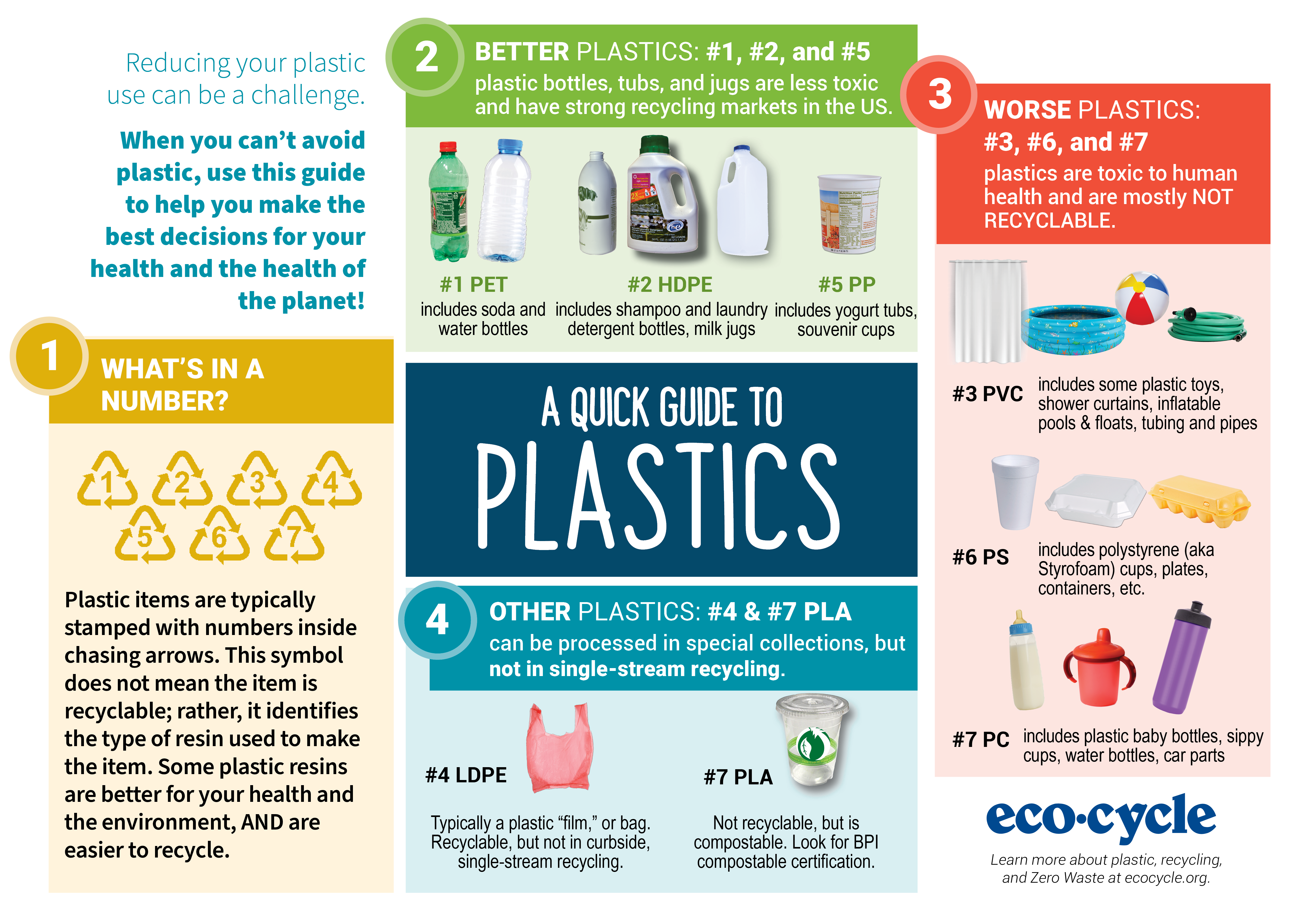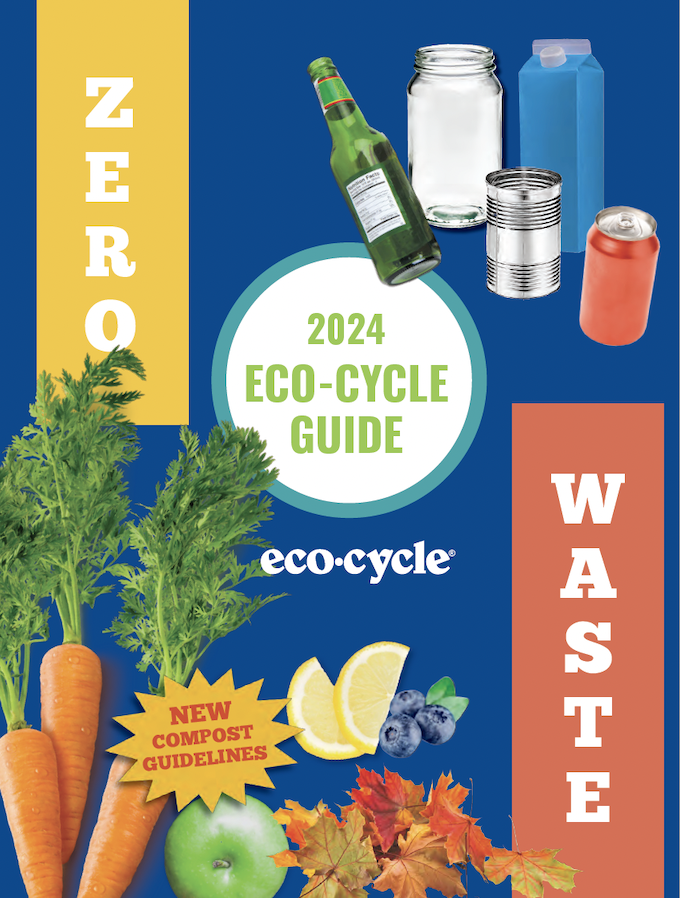“How Big Oil Misled the Public into Believing Plastic Would Be Recycled”
This headline appeared in an NPR news story in September 2020, and understandably, it has since prompted a lot of questions from concerned recyclers. It has also generated some long-needed awareness around the challenges of recycling plastic and the need for petrochemical companies to finally take responsibility for the immense amount of plastic material they thrust upon the market without taking action to recycle it.
Since the appearance of this article, recyclers have been asking us, “Are you actually recycling the plastics we send you?” The answer is: Yes, we are, and yes, we have been. However, this is becoming more difficult with petroleum subsidies, the lack of companies using recycled plastics to make their products, and the growing glut of different types of plastic packaging. As the NPR story rightly highlights, plastics recycling is not going to solve our plastics pollution problem. The real solution is that the plastics industry takes responsibility for the plastics they produce.
Plastics recycling in its current form is neither sustainable nor adequate—and the plastics industry is currently on a trajectory to triple their current levels of production by 2060. As they execute this plan to dramatically increase plastics production, they are doing precious little to create a recycling market for their material by using recycled plastic content to make new plastic products, as other industries like the aluminum, steel, paper, and glass markets do. The plastics recycling that currently exists is largely due to niche markets like recycled carpeting that cannot possibly create enough market demand for the supply of recyclable plastic out there.
To date, only 9% of the plastics ever produced has been recycled. The rest lies in landfills or in our environment, including our rivers and oceans. The fault for this statistic is almost always placed at the feet of recyclers and consumers when it really belongs with producers.
The Real Solution
The plastics industry must take responsibility for creating and funding a systemic approach to stemming the tide of the obscene amount of plastics that fill our markets’ shelves and later our oceans. Our goal isn’t to just clean up plastic waste or invent better recycling technology, as the chemical industry would tell you. The goal is to stop using fossil fuels! Better recycling is one part of that solution, but it must start with REDUCING plastic production in the first place.
We need to collectively call on these companies to:
- REDUCE plastic use by eliminating the plastics we don’t need as well as pursuing reusable, recyclable, or compostable alternatives for plastics we do need.
- Immediately STOP using plastic polymers that are more toxic to produce and almost impossible to recycle: the #3, #6, and #7 plastics.
- Design their products so they can be readily recovered by taking measures like standardizing the types of plastic resins used and chemical additives included.
- Take responsibility for keeping the plastics we do use circulating in the economy and out of the environment by buying them back and using them in the production of new materials in true “bottle to bottle” recycling. Recycling won’t be THE solution to this problem, but done correctly, it will be an important component.
Eco-Cycle is working to move this agenda forward in four ways:
- We are working with companies and industries such as outdoor apparel, brewers, cannabis, and pet food, who are voluntarily stepping forward to explore how they can minimize their plastics use and impact.
- We are working on the local and state levels to pass legislation to eliminate unnecessary plastics and pave the way for reusable, recyclable, or compostable alternatives.
- We have formed a partnership with three other similarly mission-based recyclers called the Alliance for Mission-Based Recyclers (AMBR) to stand up for true recycling solutions, particularly for plastics.
- We as AMBR members are working with industry and other stakeholders to collaborate on authentic solutions. For example, we are participating members in the U.S. Plastics Pact that brings together businesses, government entities, nongovernmental organizations, researchers, and other stakeholders to work collectively toward a common vision of a circular economy for plastics, as outlined by the Ellen MacArthur Foundation’s New Plastics Economy Initiative.
What does this mean for recycling in general?
It’s important to note that not all recycling involves plastics; in fact, it is only a small fraction of the overall material we recycle. So while there are significant challenges at this time with recycling plastic, it shouldn’t reflect on recycling as a whole, which continues to grow. Recycling was rightly considered an essential industry during COVID shutdowns as it is now an essential part of our economy. So keep recycling—even the plastics that are included as recyclable on your local recycling guidelines. But also please consider ways you can reduce your use of plastics while we work together toward a true comprehensive plastics solution!



























